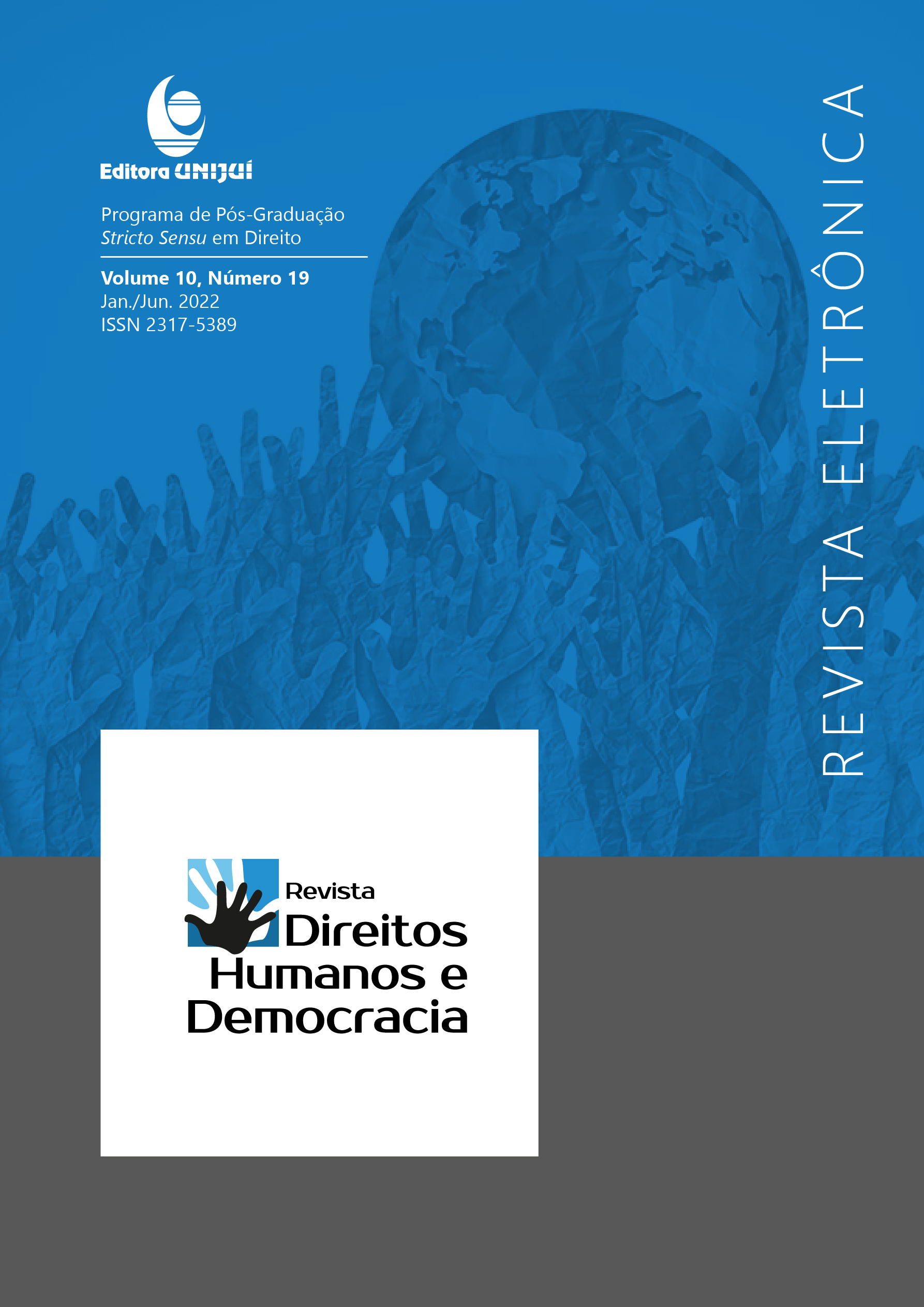Economic Development and the Judicant Function In The Effectiveness Of Social Fundamental Rights
DOI:
https://doi.org/10.21527/2317-5389.2022.19.9645Keywords:
Desenvolvimento econômico, Análise econômica do Direito, Escolhas trágicas, Reserva do possível, Mínimo existencial, Direitos fundamentais sociaisAbstract
This study proposes a reflection on the role of the judiciary in the satisfaction of fundamental social rights. It analyzes, initially, what represents, by the current conception, the true economic development, directed to the solution of the individual social ills, and not to the global accumulation of wealth. It discusses and demonstrates the role of the state in the pursuit of economic development after the Federal Constitution of 1988. It makes a brief but necessary approach to the economic analysis of the law directed to the State's compliance with the social rights provided for in the Constitution. It studies the application of public budget resources, recognizing their finitude and scarcity and addressing the theories that have been developed around the allocation of public resources: tragic choices, possible reserve and existential minimum. It demonstrates, based on specific studies on the subject, that the judiciary has been severely flawed in serving the courts, which in itself undermines the effectiveness of social rights through the judiciary function of the state. It recognizes that court decisions are fundamental to securing rights and bringing balance to society, but identifies judiciary interference with the public budget brought about by those decisions, especially the lack of prior studies and planning. Advocating that misapplied public resources generate negative consequences for economic development (due to the need for more tax revenues and the consequent drop in the generation of jobs and wealth), proposes that in-depth studies should be conducted to decide, including, the correct allocation of resources and resources. by the partial removal of the judiciary, reserving itself to the private initiative - to the market - the solution of the Brazilian social ills, through the own economic growth. In methodological terms, it uses the deductive technique, based eminently on biographical and jurisprudential research.
Downloads
Published
How to Cite
Issue
Section
License
By publishing in the Revista Direitos Humanos e Democracia, authors agree to the following terms:
Articles are licensed under the Creative Commons Atribuição 4.0 Internacional (CC BY 4.0), which allows:
Share — copy and redistribute the material in any medium or format;
Adapt — remix, transform, and build upon the material for any purpose, including commercial use.
These permissions are irrevocable, provided the following terms are respected:
Attribution — authors must be properly credited, with a link to the license and indication of any modifications made;
No additional restrictions — no legal or technological measures may be applied that restrict the use permitted by the license.
Notices:
The license does not apply to elements in the public domain or covered by legal exceptions.
The license does not grant all rights required for specific uses (e.g., image rights, privacy, or moral rights).
The journal is not responsible for opinions expressed in the articles, which remain the sole responsibility of the authors. The Editor, with the support of the Editorial Committee, reserves the right to suggest or request modifications when necessary.
Only original scientific articles presenting research results of interest, not previously published or simultaneously submitted to another journal with the same purpose, will be accepted.
References to trademarks or specific products are intended solely for identification purposes and do not imply any promotional endorsement by the authors or the journal.
License Agreement: Authors retain copyright over their articles and grant the Revista Direitos Humanos e Democracia the right of first publication.













